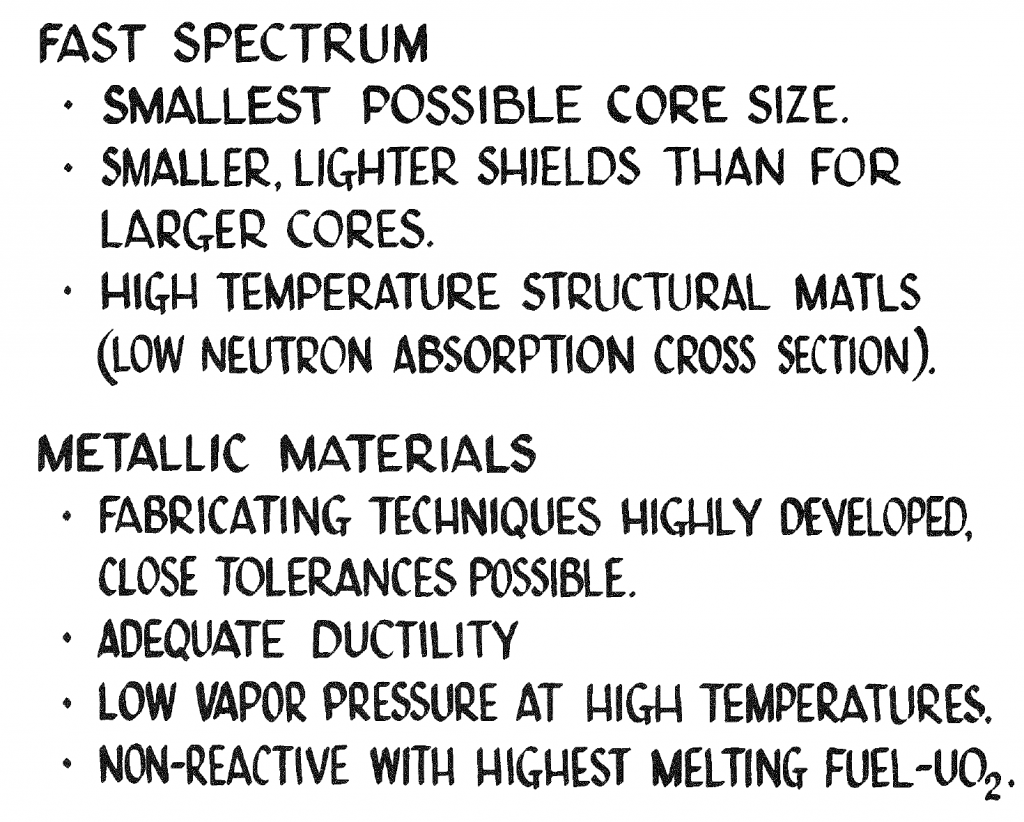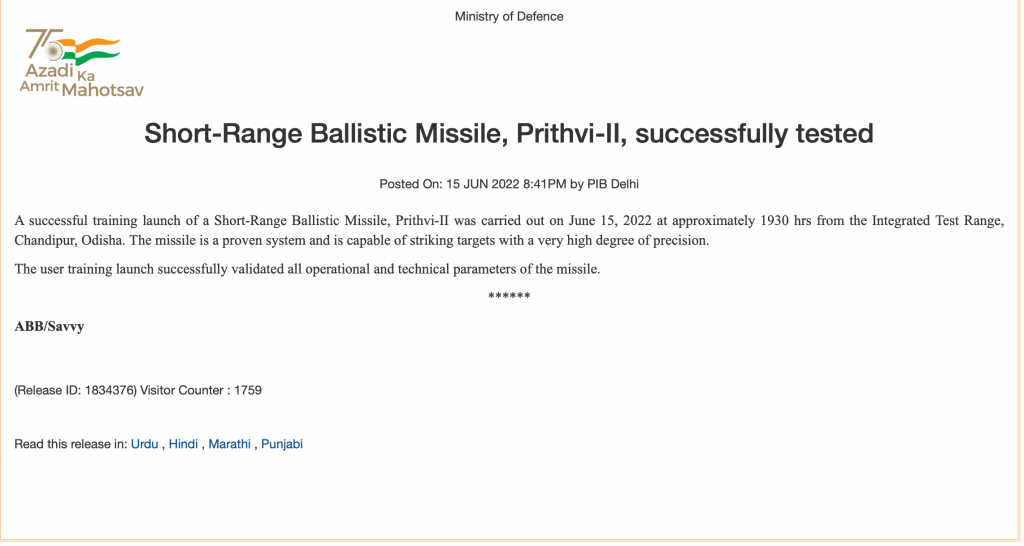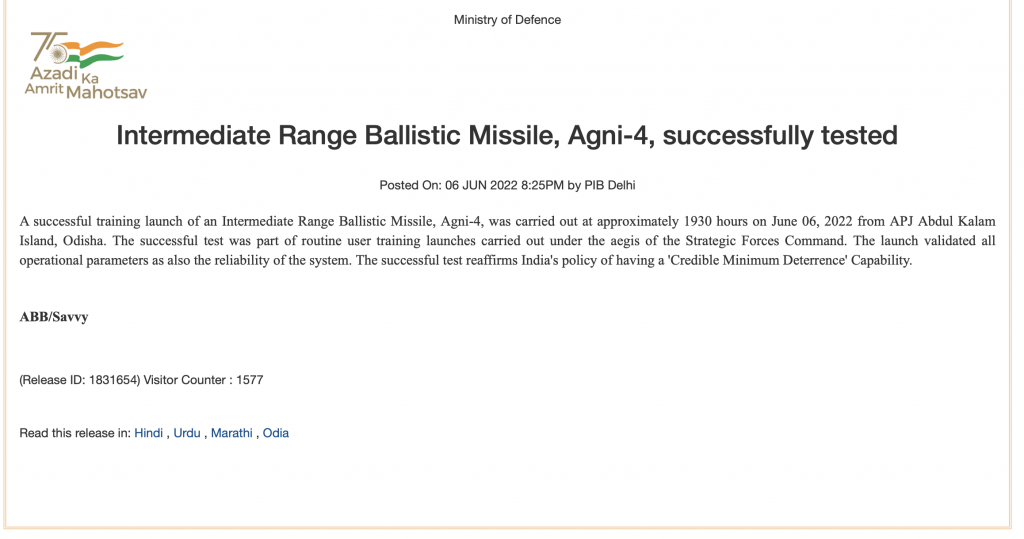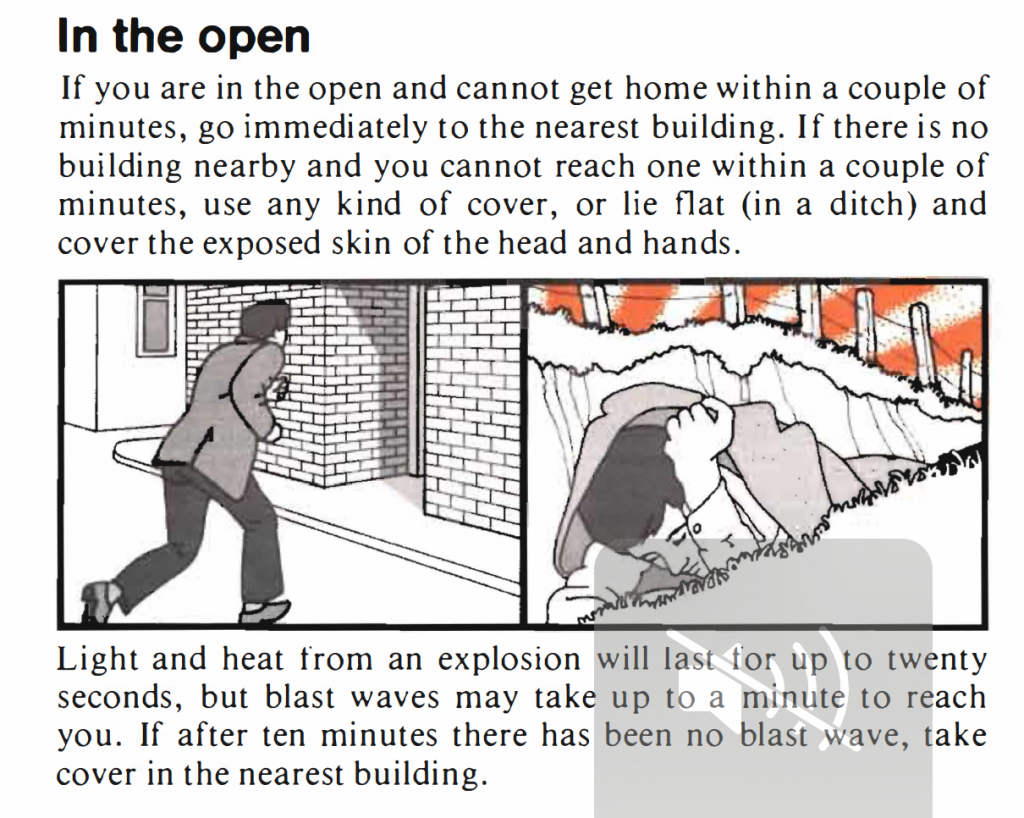Back in April, DOD held a briefing during which a senior official explained some details about confirming CW use.
Reporter: Wanted to see if we could maybe get some explanation on the challenges that go with confirming this kind of report in Mariupol with the chemical agents in light of the security, the challenges to get soil samples, anything else, you know, outsiders might use to try and confirm something like this.
SENIOR DEFENSE OFFICIAL: Yeah. I mean, well, the biggest challenge is we’re not there, you know. And we don’t know if anything was used.
But let’s say for hypothetical purposes, and I hate doing this, but let’s say it was riot control agents. So the effects are going to be felt pretty immediately, and probably not widespread, probably not going to get into the soil. And the symptoms,depending on an individual’s susceptibility, could be short-felt or it could be more long-term, we just don’t know. And we don’t have access to the hospitals that might have treated these individuals to talk to the doctors who could give a diagnosis.
I mean, there’s a host of difficulties. If it was something larger than that then, of course, you would expect to see more widespread people being hurt and being treated for it. And again, that would require you to have some dexterity in talking to medical professionals.
Or if there was, again, something even bigger you, you know, a plume for instance of a cloud or something that you could track. But those are very difficult to track when you’re not there. They’re certainly not something you can just track easily from, you know, from the air. So these are difficult things to prove even when you are more proximate, and we are not.
And so I think you can understand we want to be very careful here before making a proclamation.
That said, look, we know that the Russians have a history of using chemical agents. And they have shown a propensity in the past, and so we’re taking it seriously.





